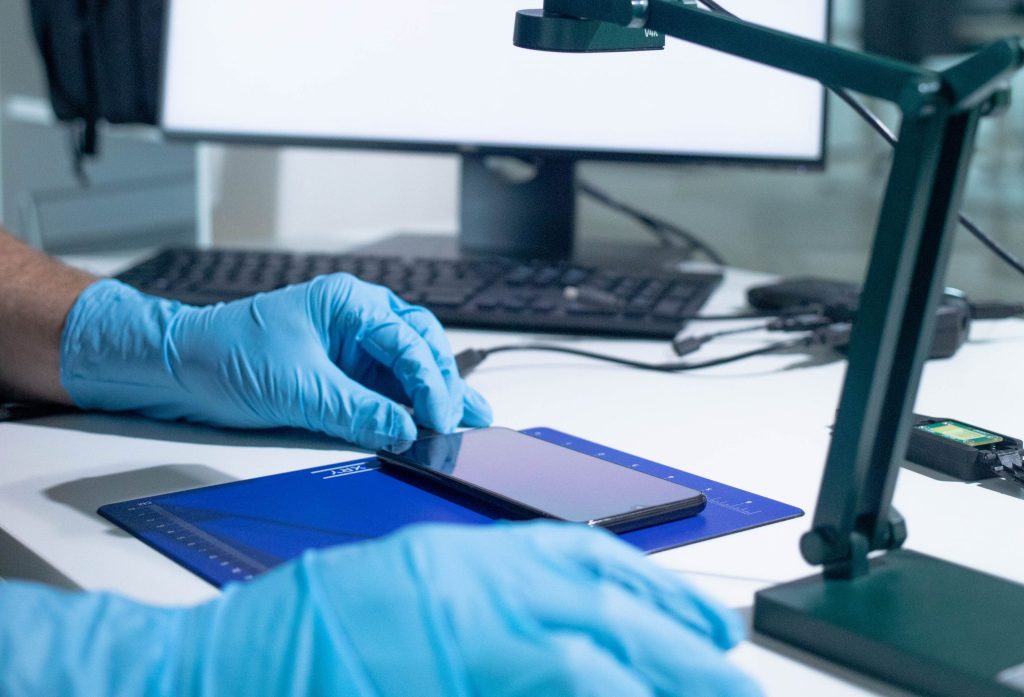Mobile Forensics – Extract, Analyze, and Protect Critical Digital Evidence
Mobile forensics has emerged as a critical discipline in the digital investigation landscape, focusing on the extraction, analysis, and protection of vital evidence stored on mobile devices. With the proliferation of smartphones and tablets, these devices have become treasure troves of information, holding everything from personal messages and emails to location data and application usage history. Mobile forensics encompasses a range of methodologies designed to retrieve this data, even when it is deleted or stored in encrypted formats. The first step in the forensic process is the extraction of data, which can be conducted through physical, logical, or file system techniques. Physical extraction involves obtaining a complete image of the device’s storage, allowing investigators to access all data, including hidden or deleted files. In contrast, logical extraction focuses on the visible data and applications, which is often faster and simpler but may miss crucial evidence. Once the data is extracted, forensic analysts utilize sophisticated software tools to analyze it meticulously.

This phase is essential for piecing together timelines, identifying communication patterns, and uncovering hidden relationships that may not be immediately apparent. Analysts often employ various techniques, including data recovery, keyword searching, and file signature analysis, to ensure no stone is left unturned. The insights gained during this analytical phase can provide critical context in investigations related to criminal activity, corporate espionage, or civil litigation. However, the Mobile Forensics process does not end with extraction and analysis. Protecting the integrity and confidentiality of the evidence is paramount, as mishandling can compromise the entire investigation and render the evidence inadmissible in court. This requires stringent adherence to best practices and protocols, including maintaining a clear chain of custody, documenting every step of the process, and ensuring the use of secure storage solutions. Additionally, forensic investigators must be aware of the legal implications surrounding data privacy, particularly concerning personal information.
Knowledge of local laws and regulations is crucial in navigating the ethical considerations involved in mobile forensics. As technology continues to evolve, so do the challenges faced by mobile forensic experts. The increasing use of encryption, cloud storage, and advanced security features complicates the extraction and analysis process. Therefore, continuous education and training are essential for forensic professionals to stay abreast of emerging tools, techniques, and legal requirements. The importance of mobile forensics is underscored by its role in various investigations, from law enforcement seeking justice in criminal cases to organizations protecting themselves against data breaches. By effectively extracting, analyzing, and protecting critical digital evidence, mobile forensics serves as an invaluable resource in the pursuit of truth and accountability in the digital age.